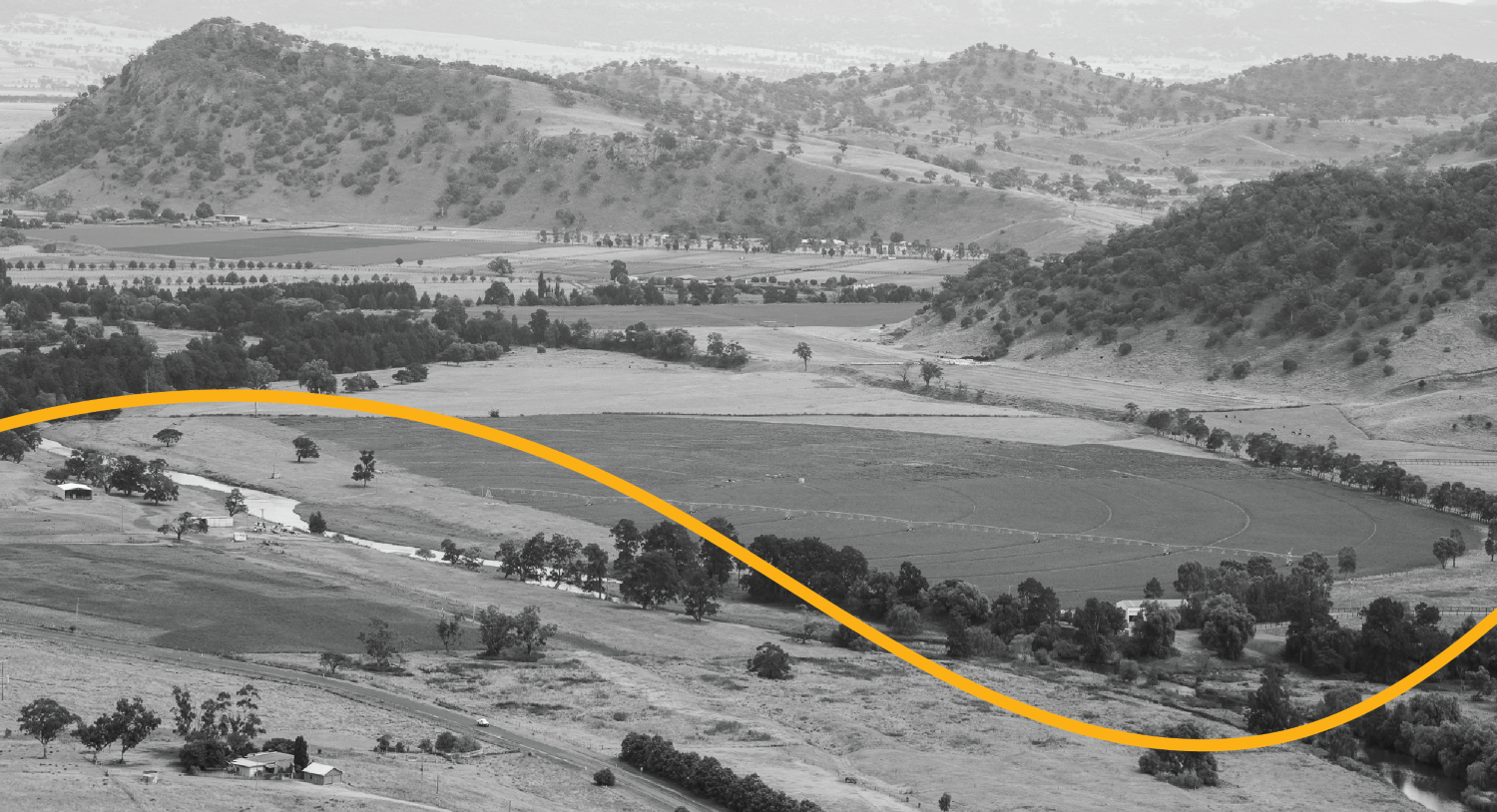You can search this page for cases completed since the Independent Planning Commission was established on 1 March 2018.
For former Planning Assessment Commission (PAC) or historical Mining and Petroleum Gateway cases, please search Major Projects on the NSW Planning Portal.
You can also find out more about accessing PAC cases here.
Two state significant development applications proposing extensions to the Lake Macquarie Private Hospital.
A development application for public domain works, landscaping, construction and operation of new pedestrian bridge and upgrades to existing pedestrian bridge associated with the Harbourside Redevelopment.
A renewable energy development application for a 943MW wind farm comprising 131 wind turbines and a 320MW / 640 MW-hour battery energy storage facility.
Review of a Gateway Determination for Planning Proposal PP-2024-291 at 137 Brisbane Grove Road, Goulburn.
A modification application for an existing water treatment plant to allow for the transfer of filtered and treated mine water to Thompsons Creek Reservoir during a Mount Piper Power Station outage.
Review of a Gateway Determination for Planning Proposal PP-2024-295 at 2 Brisbane Grove Road, Goulburn.
A seniors housing development application for 58 independent living units, a 41 bed residential aged care facility and supporting ancillary uses across four buildings.
An Application to amend Gateway Application GA 74105711 has been made to the Mining and Petroleum Gateway Panel by Cadia Holdings Pty Ltd. The Application includes amendments to the project design and associated disturbance area.
A development application for the construction of a retaining wall adjacent to Hickson Road to facilitate development in central Barangaroo.

